This is a timely book. It addresses the challenges of a fractious and fractured Europe. The first word of the title means ‘truth’ in Russian, and the author’s point is that we have collectively lost sight of that essential commodity.
Rory Maclean, whose previous books include Stalin’s Nose, Under the Dragon and Falling for Icarus, retraces in reverse a journey he made 30 years ago. Starting in Moscow this time and ending in London, his aim is ‘to understand what had gone wrong’ since the heady optimism following the fall of both the Soviet Union and the Berlin Wall: ‘I wanted to learn how refugees, the dispossessed and cyberhackers had been used by nationalists.’
After sketching the 20th-century history of each region with a sure hand, Maclean proceeds with a series of vignettes. He visits ‘Russia’s military Disneyland’, a glitzy weapons bazaar where balaclava-wearing dancers in SAS uniforms perform a robot ballet. In Estonia he travels to one of that tiny country’s 1,500 islands and learns about the Forest Brothers, wartime partisans who harried occupation forces. In Transnistria, a banana-shaped breakaway republic of a breakaway republic of the former Soviet Union, he reveals the horrors of illegally traded weapons-grade uranium-235.
The author is a fine sleuth. Driving south out of the Carpathians onto the Great Hungarian Plain he manages to find the man who welcomed him to his home on his earlier journey a generation past, and they glug Crimean champagne set aside for Maclean’s return. In this way the author lets people describe in their own words what has happened as new ‘demigods’ — usually more draconian than the previous incumbents — took over the reins of government. One hears again the refrain that at least everyone had work under the communist regime, and that ‘migrants steal jobs’.
In Poland, where again he meets an old friend, he has a ‘sense of awful premonition’ as that country ‘steps into the unknown’. He gives a good account of the conspiracy theories still swirling around the Smolensk air crash which killed the president and 95 senior officials including the chiefs of the armed forces. They were visiting to commemorate the 70th anniversary of Katyn, when Soviet secret forces shot 22,000 Poles in the back of the head. Pravda Ha Ha shows history mutating like a virus.
I had always wanted to visit Kaliningrad, that anomalous Russian territory marooned among the Baltic states. But I certainly won’t be going after reading Maclean’s withering portrait. The residents are 65 times poorer than the average EU citizen, yet the governor has a home on the Côte d’Azur.
Maclean is a compassionate writer, and he balances his stories of men and women of power, such as a minor oligarch and an American banker, with those of the dispossessed; much of this ambitious book is not an easy read, with stories of forced labour, people trafficking and worse. Heart of darkness doesn’t cover it. And Maclean quotes one devastating statistic: in 1989, the year the wall fell, 11 countries worldwide had border walls or fences. Now more than 70 have them.
Maclean recognises the need for specificity, as a writer must. ‘All I could do,’ he says of his methods in shaping his material, ‘was to pick out one or two faces in the crowd, to envisage their lives and tell their individual stories.’ He also quotes widely and judiciously from published sources ranging between Vacláv Havel, Chekhov and the 19th-century French traveller the Marquis de Custine.
One of the most moving sections of the book, and certainly an emotional highlight, involves Sami, an illegal immigrant from north Nigeria whom Maclean goes to great lengths to assist as he attempts to get from Russia to the West. The pair even go up to the White Sea together to investigate a northern route out. At the end of the book the men meet up again in Lancashire, where Sami is working as a bookkeeper for the owner of a kebab shop. A redemption of sorts in an otherwise dark finale.
Maclean’s tendency is to overwrite (‘The Kremlin’s teeth-like crenellations took a bite out of the firmament’) and there are too many adjectives. He also has a fondness for cliché (‘Africans are as rare as hen’s teeth in Moscow’, ‘arguments fell on deaf ears’ and so on) and for a dash of purple (‘Mikhail Gorbachev had changed the world, then the world turned its back on him’). But he has a keen sense of place. I recognised the scene at dusk in Russia as ‘the blue light of hundreds of televisions flickered on sheer nylon curtains’.
There is a sense of disillusion as new borders rise, ‘keeping apart the haves and the have-nots’. Maclean sensibly refrains from overt comment on Brexit, but the subject lurks offstage throughout these pages. ‘Lies became the glue that held people together,’ the author writes at one point. And so it goes on.
Got something to add? Join the discussion and comment below.
Get 10 issues for just $10
Subscribe to The Spectator Australia today for the next 10 magazine issues, plus full online access, for just $10.
You might disagree with half of it, but you’ll enjoy reading all of it. Try your first month for free, then just $2 a week for the remainder of your first year.

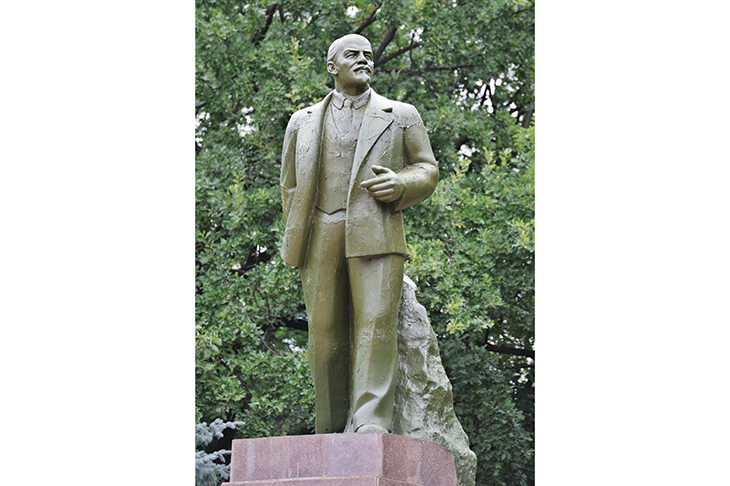
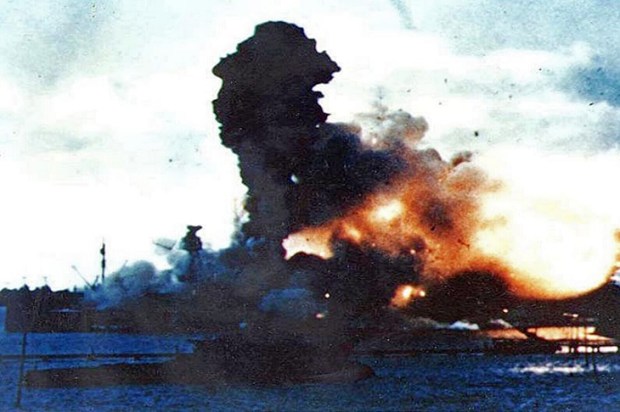
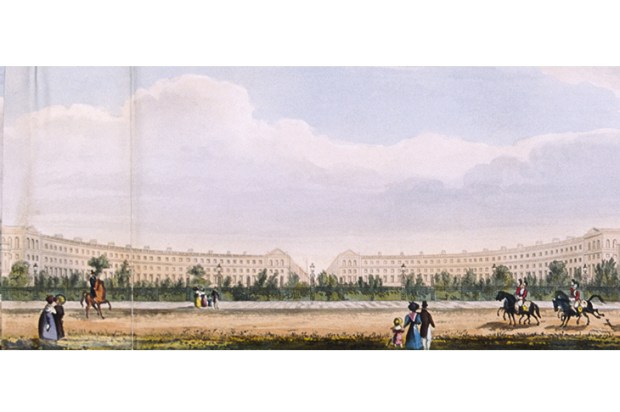
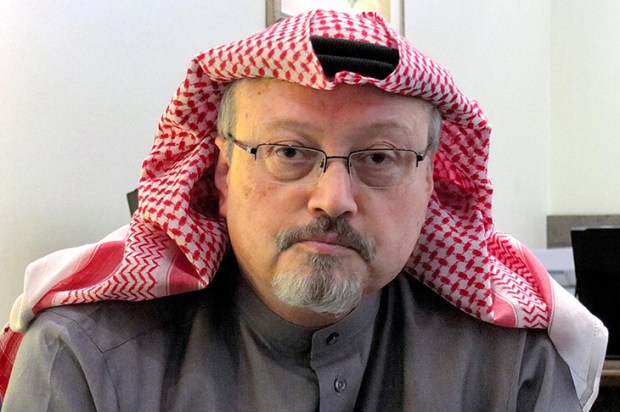
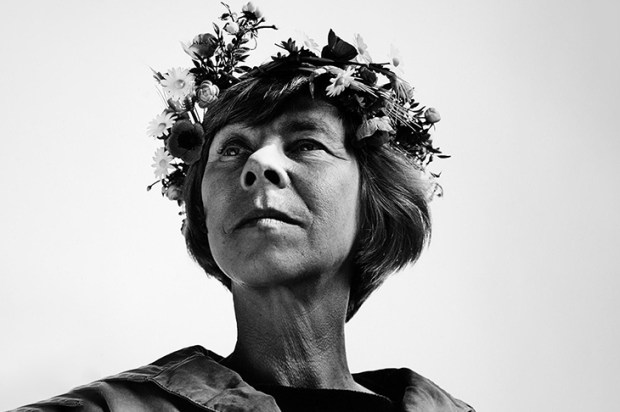

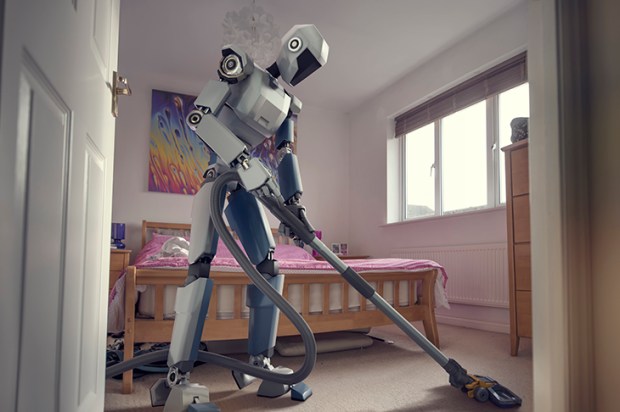






Comments
Don't miss out
Join the conversation with other Spectator Australia readers. Subscribe to leave a comment.
SUBSCRIBEAlready a subscriber? Log in